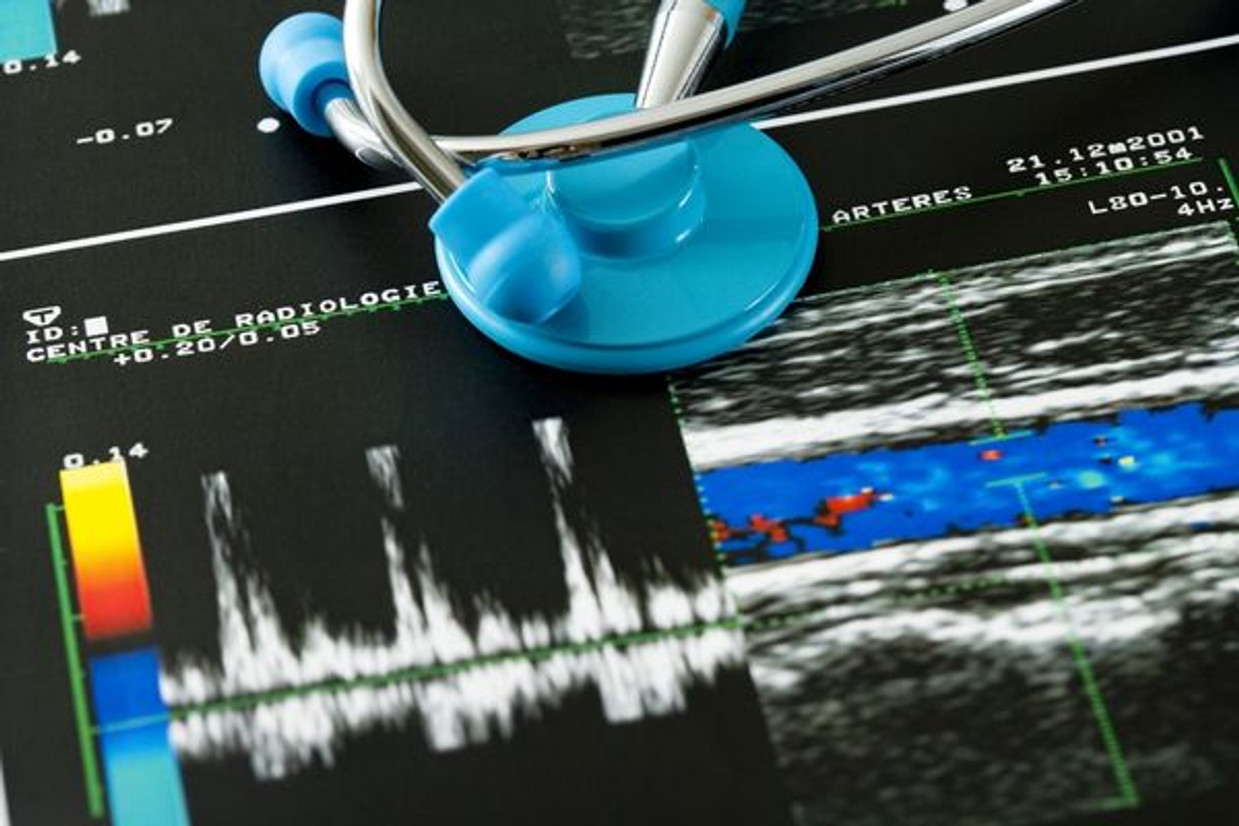3 Tips for Accurately Reading Doppler Results
Checking the heartbeat of a developing baby can offer reassurance and peace of mind. Many health care providers and moms-to-be use fetal Doppler devices to find and monitor the sounds of a fetal heartbeat.
Detecting heart tones during prenatal care can be difficult, depending on the approach and timing. The key to this process is always patience. Remember not to fret if you cannot find a heartbeat with this type of medical device right away. Let’s take a look at three tips for accurately reading Doppler results.
Properly Angle the Doppler Probe
Curious about how to correctly operate the device? Users of these electronic fetal heart rate monitors should have general knowledge about best practices. Keep in mind that accurately reading Doppler results requires the proper angling of the probe. The trick is to turn the Doppler on and slowly move the device at an angle below the belly button. To achieve desired results, change the slant of the probe in small increments. This approach allows you to search methodically—and not randomly—for the baby’s heartbeat.
Avoid Pressing Down Too Hard
Some users may press the Doppler probe on the abdomen as close as possible to the baby as they don’t want to risk the chance of missing the heartbeat. For the most accurate results, fend off any urge to do that. Instead, be gentle and gradually increase the movement of the probe to find the heartbeat. Use mild and steady rocking movements that do not indent the skin. Again, the process requires a learning curve for reliable readings.
Wait Until The Doppler Has a Good Fix
After detecting and identifying the sounds of a heartbeat, do not read the results display until the device has a good fix. The numbers tend to jump around before calculating a measured fetal heart rate. Wait around 15 to 20 seconds or until you can clearly hear the baby’s heartbeat. Note that Dopplers can sometimes pick up a mother’s heartbeat. Fetal heart rates are notably faster than adults, generally ranging from 120 to 180 beats per minute.
Do not get anxious if you cannot hear a noticeable pulse using medical-grade obstetric Dopplers. Simply wait and try again. The use of professional equipment from leading manufacturers in the health care industry does not guarantee that you’ll hear a heartbeat right away. Even with superior sound quality, advanced software, and probe sensitivity, obstetric providers know not to expect accurate results until at least 12 or more weeks of pregnancy.
At Cascade Health Care, we carry Huntleigh Obstetric Dopplers and more. Visit our website today!
Recent Posts
-
What To Do With Birthing Supplies After a Home Birth
Home birth is on the rise. As families increasingly seek the comfort and autonomy of birthing in the
-
Adapting Home Births to Modern Healthcare and Telemedicine
The image of giving birth at home often evokes a sense of tradition—a return to a time before bright



